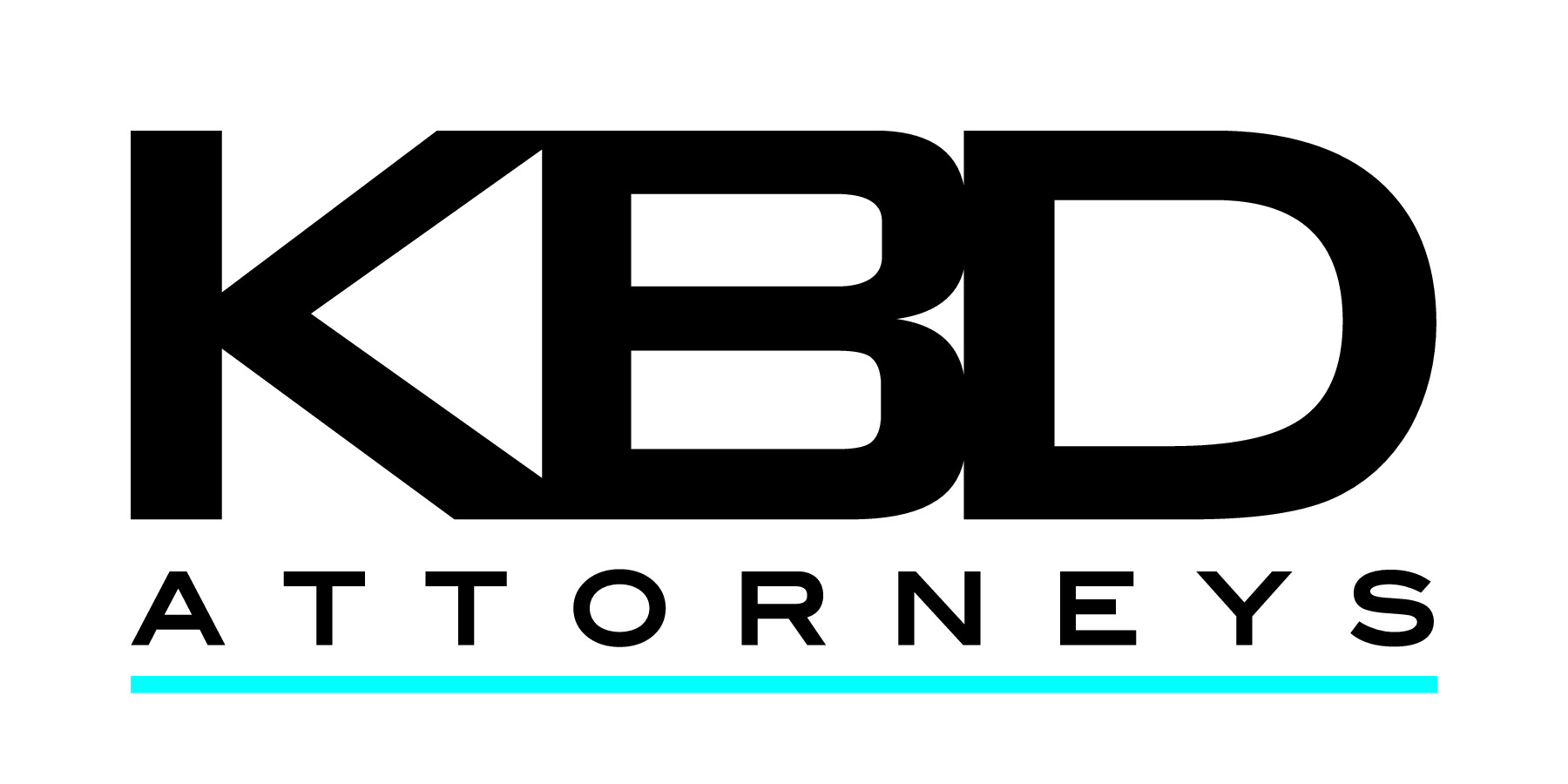Human Trafficking in The United States
Human trafficking, the trade of humans for the purpose of forced labor, sexual slavery or exploitation, is happening every day across the country.
Thousands of cases are reported every day, and while some cannot be proven, make no mistake, human trafficking is a widespread problem. According to Missing Kids, In 2016, the National Center for Missing & Exploited Children estimated that 1 in 6 endangered runaways reported to them were likely sex trafficking victims.” The Polaris Project, which works to end human trafficking, estimates there are millions of Americans in slavery. Millions of people – minors, women, boys, minorities, all walks of life – being forced into sex acts. It is in urban and rural communities and happening all around us.
The Polaris Project states: “Sex trafficking occurs in a range of venues including fake massage businesses, via online ads or escort services, in residential brothels, on the street or at truck stops, or at hotels and motels.” They even occur when you are out shopping. Around the country, there have been reports of people trying to kidnap women and children when shopping to traffic them – to sell them to people who enslave them for sex and labor.
This is an issue that is happening in plain sight. The dehumanization process traffickers put victims through traps them even as they walk among us. If and when victims get free, many suffer for years to come. Many of them never see justice. Criminal cases are tough to prove, and even when caught, many perpetrators get away with lenient punishments. Most victims are unaware of the other options available to them, including bringing civil lawsuits.
Laws for Trafficking Victims
One such enabling law is the Trafficking Victims Protection Reauthorization Act. 18 U.S. 1595. The Act allows “[a]n individual who is a victim of a violation of this chapter [to] bring a civil action against the perpetrator (or whoever knowingly benefits, financially or by receiving anything of value from participation in a venture which that person knew or should have known has engaged in an act in violation of this chapter) in an appropriate district court of the United States and [to] recover damages and reasonable attorneys fees.”
This allows lawsuits not just against the perpetrator, but also against others part of or beneficiaries of the scheme. Lawyers have used this law and analogous state laws to sue hotels and websites. New laws are beginning to offer more help for victims.
One of these new laws was enacted on April 11, 2018, the Stop Enabling Sex Traffickers Act. It targets websites that facilitate trafficking, by making it illegal to knowingly assist, facilitate or support sex trafficking. These laws, and the courageous people making use of them, are necessary because trafficking is big business.
“In a 2014 report, the Urban Institute estimated that the underground sex economy ranged from $39.9 million in Denver, Colorado, to $290 million in Atlanta, Georgia.”
We can help
Our firm has worked with victims of sexual assault and trafficking. One of our partners, Brian Ketterer, is a former prosecutor. At KBD, we are parents of young kids, and we are passionate about this global crisis and these kinds of cases. If you believe a loved one has been a victim of human trafficking, please contact us today. We can help.



